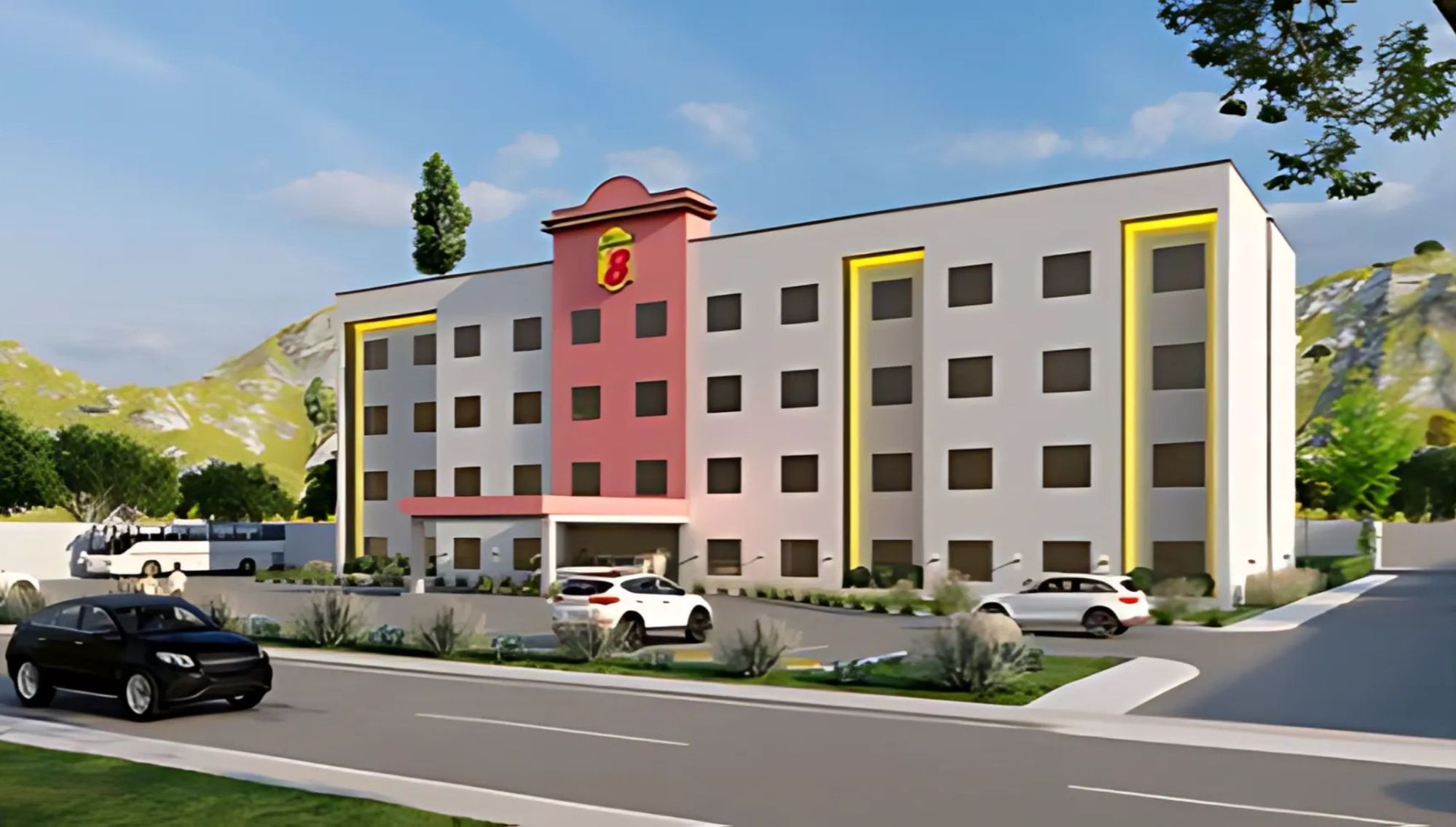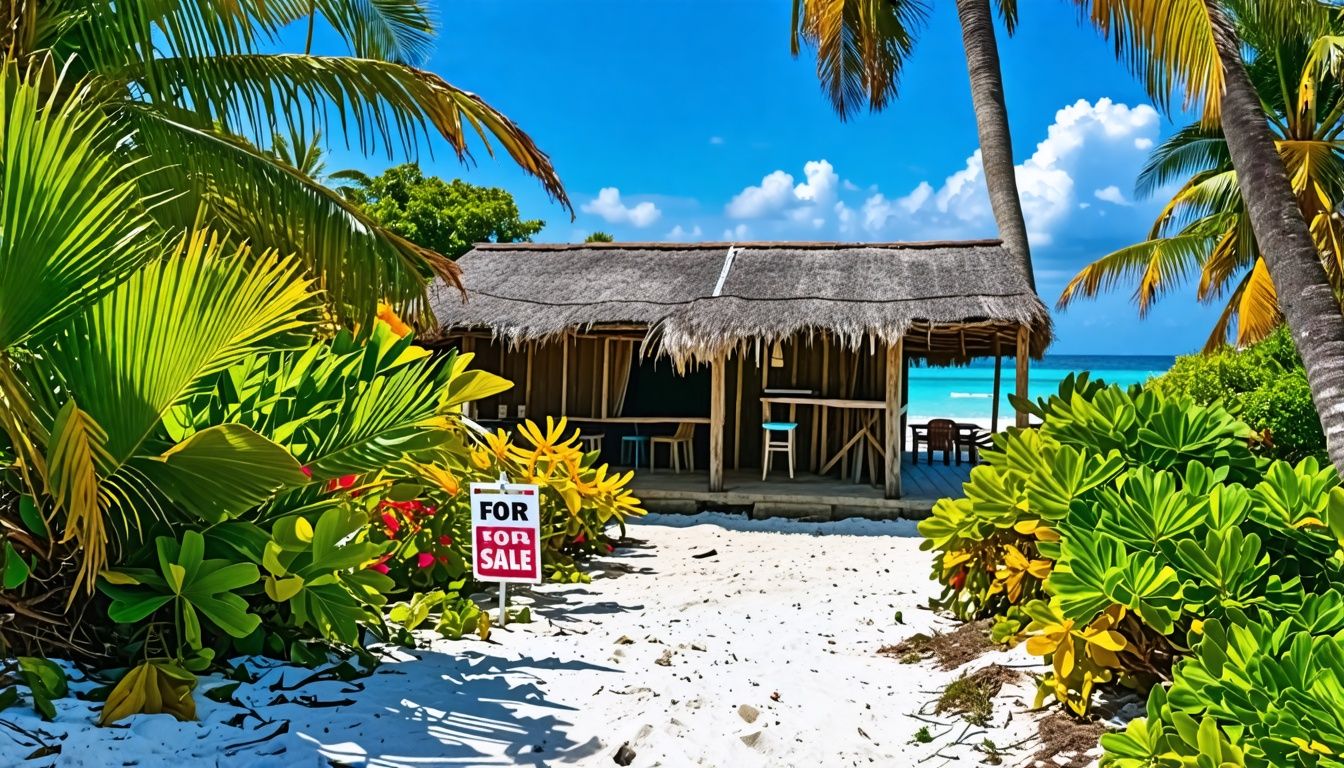THE AGENCY MAGAZINE
Your Mag to Real Estate and Everyday Life in the Dominican Republic
Property financing options in the Dominican Republic
Investing in property in the Dominican Republic can be a lucrative venture if approached wisely. Understanding the market, identifying prime locations, and being aware of potential challenges are essential for success. By taking the right approach, this dynamic Caribbean country could be your next
Your Real Estate Advisors
Phone:+1(809) 224-1017
Leave a Message
"We're here to help: share your details for customized Real Estate advice! "





